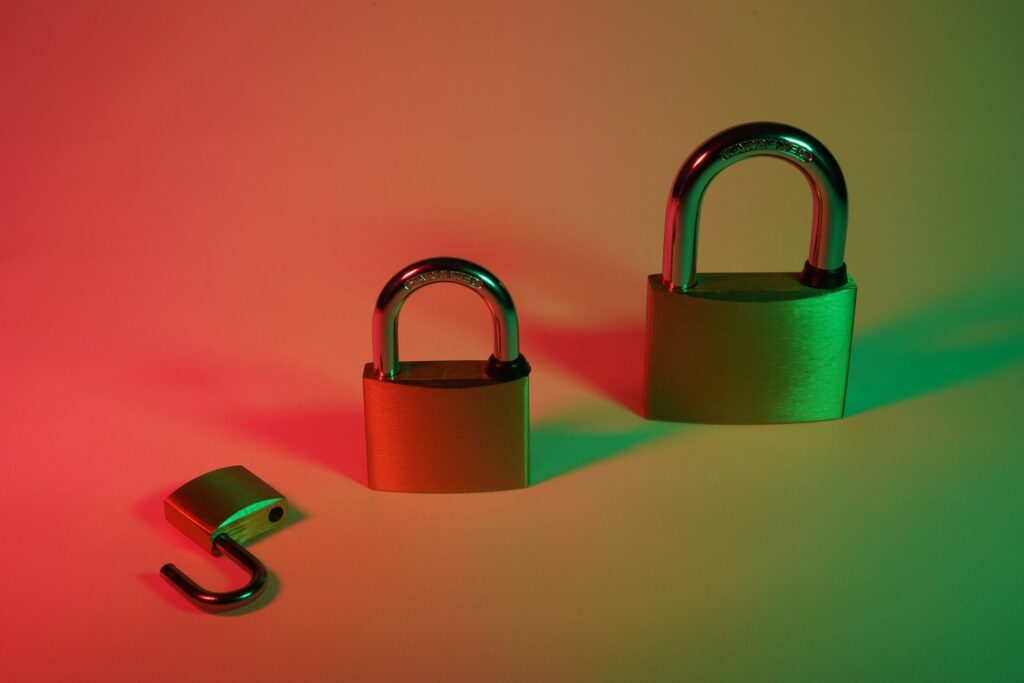Last August, news of a new episode of cybercrime reopened the debate on the protection of iCloud accounts. This time, a Californian man faced trial for being accused of downloading more than 620,000 photos and 9000 videos, having accessed the iCloud accounts of hundreds of people.
This episode, while it has its surprising side, is a reminder of a problem that is not exactly new. All kinds of people have been suffering from it for years, especially women who see their private images exposed on the internet.

Defendant pleads guilty to credentials theft
Four charges were brought against the accused of the crime, who has pleaded guilty throughout. These charges included unauthorised access to computer systems and impersonation of an Apple service agent. Among the located victims of this offender, 306 live in the US, and their accounts were affected by the theft of numerous photographs and videos.
The majority of the offender’s victims were young women, and the most sought-after material on their accounts were nude photographs. The accused would steal this content in order to exchange it for similar content or to keep it in his private collection.
This offender also claimed to have accessed some 200 iCloud accounts because other users he met online asked him to do so. The defendant and his associates allegedly used an encrypted email service to communicate anonymously, and engaged in the illegal accessing of iCloud accounts. Finding private nude images on the hacked accounts was a win-win for them, and they often shared them with each other.
The ruse used by the criminal to gain access to his victims’ accounts was to impersonate an Apple agent. He used two email addresses, “applebackupicloud” and “backupagenticloud”, which were difficult to detect as fraudulent if you were not an experienced user.

iClouMeasures to protect an iCloud account
As we said, this crime is not new: years ago, intimate images of some celebrities from the world of fashion and show business were leaked, sparking controversy. Seven years have passed since this episode, enough time to develop security measures to make it more difficult to illegally monitor an iCloud account.
Some of the preventive measures that can be taken in this regard are:
- Carefully check who is sending the email or the link to which you are being redirected. If they come from a domain that is not the expected domain of the company or service, that email should be considered suspicious.
- Pay attention in the e-mails received to errors in wording, spelling mistakes or problems in the representation of characters specific to some languages. They can be a sign of fraud, as criminals, while sometimes using native speakers to compose their messages, still make mistakes that give them away.
- Implement multi-factor authentication, as it adds an extra layer of security and puts up barriers to criminals gaining access to our accounts.
In conclusion, illegally accessing our iCloud accounts and having images stolen is unfortunately not the only problem these criminals can cause us. Reviewing the security of our accounts, in addition to the above precautions we can take, is the only way to beat the criminals to the punch. Or at least make things difficult for them, which is no small feat.

